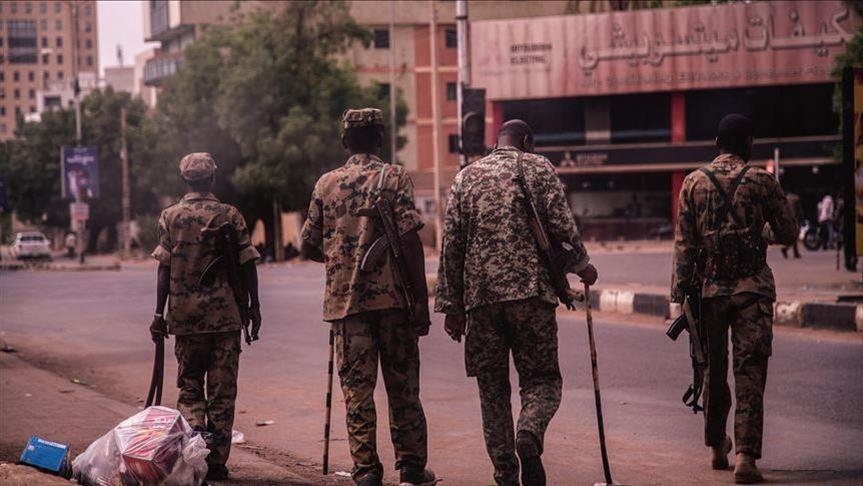A government crackdown in Juba has led to the arrest of over 800 youths in South Sudan, sparking allegations of forced conscription, deaths in custody, and widespread human rights violations.
South Sudan's Anti-Gang Crackdown Spirals


A sweeping crackdown on gangs in South Sudan’s capital, Juba, has triggered widespread alarm after more than 800 individuals—many of them young people with no proven links to criminal activity—were arrested in recent days. The government-led operation, initially launched in response to a public outcry over a gang-rape incident in the Shirkat suburb, has drawn sharp criticism from human rights groups and civil society organisations.
While authorities claimed the crackdown was necessary to restore public order and dismantle violent youth gangs, activists allege the campaign has quickly descended into arbitrary and indiscriminate arrests. Among those detained is popular rapper and radio personality Lord Gee, whose arrest has fuelled further debate over the targeting of civilians under the guise of law enforcement.
Eyewitnesses and families of the detainees report that many of those arrested have been transferred without trial to remote conflict zones, including Nasir, in Upper Nile State. Several families have claimed that their relatives died in custody under unclear circumstances, raising fears of abuse and neglect within detention facilities.
“These mass arrests lack legal basis and appear to violate fundamental constitutional protections,” said a representative from the South Sudan Human Rights Society. “What began as a justified response to a horrific crime is now a campaign of repression against marginalised youth, some of whom have no criminal records at all.”
Allegations have also surfaced that the government is forcibly conscripting young detainees into the military—claims that echo longstanding concerns about unlawful recruitment in the country’s security forces. Despite mounting pressure, the government has yet to issue a formal statement addressing the arrests, the fate of those detained, or the growing number of reported rights violations.
The silence from official channels has only intensified public concern, with families staging small protests and advocacy groups demanding independent investigations. Legal experts argue the crackdown breaches several provisions of South Sudan’s transitional constitution, including the right to due process and freedom from arbitrary detention.
The United Nations and other international observers have not yet commented publicly, but regional analysts warn that if unaddressed, the situation could escalate tensions in an already fragile state still reeling from years of civil war and unrest.
As the crackdown continues, the fate of hundreds of detainees remains uncertain—casting a long shadow over South Sudan’s human rights record and the rule of law in the country’s troubled capital.

 বাংলা
বাংলা  Spanish
Spanish  Arabic
Arabic  French
French  Chinese
Chinese 
